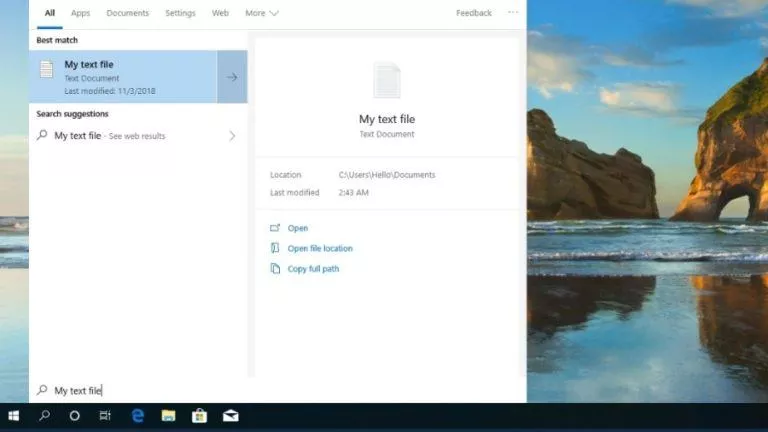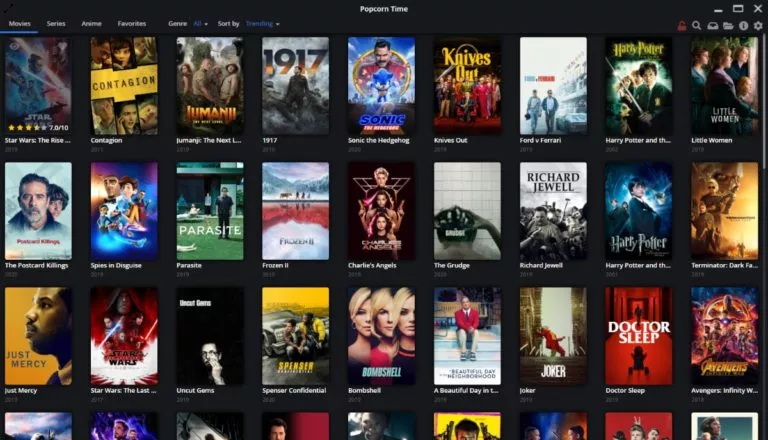Can India’s Upcoming Data Laws Stop Period Tracking Apps From Tracking You?

Data is the key for any business to increase its reach. However, not all companies are fetching data ethically. For instance, Internet Freedom Foundation (IIF) recently published a report, Your period tracking app is tracking you.
It cites the Consumer Reports on period tracking applications, which say around 50 million women worldwide use these applications. Thus, data generated through these apps is highly valuable.
Firstly, let’s see how these apps function?
When a person creates an account on period tracking apps such as Clue, Flo, and My Calendar and shares details regarding their menstrual cycle or pregnancy with the apps to keep the count of days; these applications get a record of this data.
According to the recent report by IIF, period tracking apps share this data with other entities. Thus, the information is misused.
How is the data misused?

Once the period tracking apps have the data, they know when a particular person is expecting their periods or when a lady is about to hit her delivery phase. They also have more intrinsic information such as the user’s emotional state, their sex drive, their energy levels, their food cravings, and how their hair and skin are.
So, these apps share this valuable data with other organizations, and they use it to increase their sales. For instance, if someone’s delivery date is approaching, brands use this data for advertising baby products on the social media handles of that person.
Suppose a person’s periods are about to come, they may see more chocolates and heating pad ads. But, how are these companies able to use the data this way? – it is because India doesn’t have any data protection laws. Thus, there is no surety that the data we share with corporates is processed ethically.
However, a new Personal Data Privacy Bill is proposed to comply India with international data protection laws.
Can the new Personal Data Protection Bill can save Indians from data mishandling?
The current information and data laws have failed to keep up with the developments taking place on digital platforms. Thus, the new Personal Data Protection Bill may provide a streamlined way of dealing with data. Under the new law, organizations will need to go through audits whenever needed.
Additionally, from a citizen’s point of view, people will have a right to access their data, and the right to have records deleted. Organizations and social media platforms will need to align with the international best practices. Thus, one can say that the new law may provide better data protection to the users.
However, there is no fixed date as of yet for when the proposed bill will become a law. Additionally, data protection is such a sensitive issue; thus, efficient implementation of the law is a must. So, it is to be seen whether the Indian users’ data will ever become safe and secure in the upcoming days.






